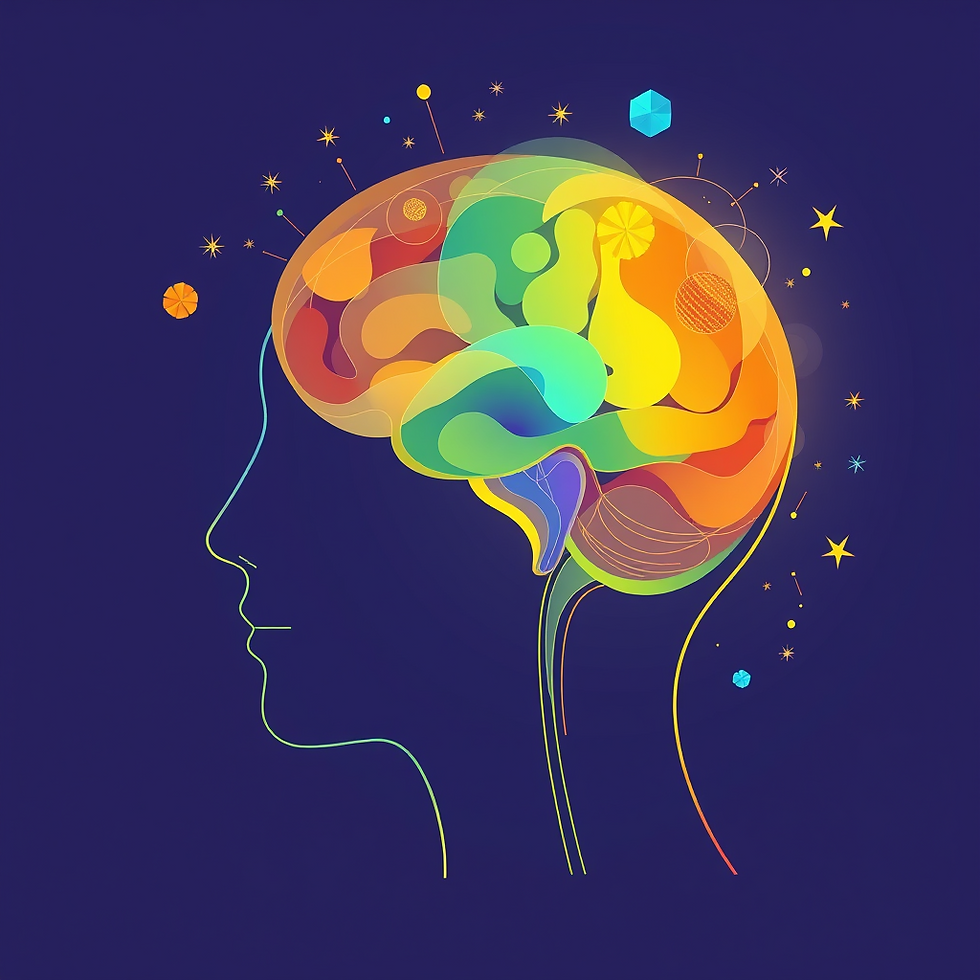
Paradigm 🌀 perhaps you are emotionally malnourished...
- Kat Usop

- Apr 14, 2023
- 2 min read
Updated: May 10, 2023
Emotional malnourishment refers to a lack of emotional support and care during critical stages of development, often in childhood. This can result in difficulties in regulating emotions, low self-esteem, and challenges in building healthy relationships.
To nurture emotional health, it's important to prioritize self-care and emotional self-awareness. This can include practices such as mindfulness, journaling, and seeking out supportive relationships with friends and family members. Therapy or counseling can also be beneficial in processing past experiences and learning healthy coping strategies. Additionally, engaging in activities that bring joy and a sense of fulfillment, such as creative pursuits or volunteering, can help promote a sense of purpose and wellbeing.
Emotional malnourishment in childhood can have long-lasting effects on an individual's emotional and psychological development, which can manifest in adulthood in various ways. Here are some common examples:
Difficulty regulating emotions: Individuals who experienced emotional neglect or abuse as a child may struggle to regulate their emotions as adults. They may have difficulty expressing their emotions, or they may have intense emotional reactions to everyday situations.
Low self-esteem: People who did not receive emotional support and validation in childhood may struggle with low self-esteem and a negative self-image in adulthood. They may have a persistent sense of worthlessness or feel like they don't deserve good things.
Trust issues: Emotional neglect or abuse can result in trust issues in adulthood, particularly in relationships. Individuals may struggle to trust others and may feel vulnerable or threatened when opening up to others.
Difficulty forming healthy relationships: Emotional malnourishment can make it challenging for individuals to form healthy relationships. They may struggle with emotional intimacy, have difficulty expressing their needs and emotions, or may become involved in unhealthy or abusive relationships.
Anxiety and depression: People who experienced emotional neglect or abuse in childhood may be at a higher risk for developing anxiety or depression in adulthood.
It's important to note that everyone's experiences are unique, and the ways in which emotional malnourishment manifests in adulthood can vary widely. However, with the right support and resources, it is possible to heal from past experiences and cultivate emotional health and wellbeing.
No worries, all is well 🙏



Comments